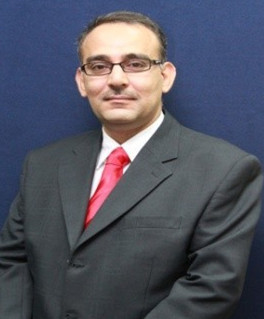Abstract—In the present work an ultarasonicator reactor is used to intensify the biodiesel production from vegetable in the presence of an alcohol and catalyst. The ultrasonicator parameters, such as amplitude ratio, recycle ratio and reaction time have been optimized for transesterification reaction. Refined soybean and crude jatropha oils were used as edible and non-edible oils, respectively, and methanol is used an alcohol. The transesterification reaction was carried out at atmospheric pressure and the temperature was maintained in between 35–40 °C. The reaction was carried out in the presence of a basic catalyst (CH3ONa) and the amount of catalyst was kept constant for all the experiments. The vegetable to alcohol ratio was maintained as 1:6 on mole basis. Jatropha oil was first esterified due to the presence of high FFA contents. Therefore in case of jatropha oil, a two step reaction was carried out due to high FFA contents present in the crude jatropha oil. In the pretreatment, i.e. the first step, the FFA content was reduced from 7.43 wt.% to 1 wt.%, which is the required permissible limit for FFAs. The optimized parameters for transesterification of esterified jatropha oil to obtain 86% yield were: amplitude ratio as 80%, cycle ratio as 0.4 and reactions time as 10 minutes; while for soybean oil to obtaine 89% yield are: amplitude ratio as 30%, cycle ratio as 0.4 and reactions time as 10 minutes. The ultrasonication process with two step process for the production of biodiesel from crude jatropha oil is time saving and efficient.
Index Terms—Biodiesel, FAME synthesis, transesterification, ultrasonication.
S. Gupta was with the Indian Institute of Technology, Roorkee, Uttarakhand 247667, India. He is currently with the Indian Institute of Technology, Kanpur, Uttar Pradesh, India (e-mail: sanjayguptaiitr@gmail.com).
V. Kumar is with the Indian Institute of Technology, Roorkee, Uttarakhand 247667, India (e-mail: vksinfch@iitr.ac.in).
[PDF]
Cite:Sanjay Gupta and Vimal Kumar, "Transesterification of Non-Edible Oil Assisted by Ultrasonication," Journal of Clean Energy Technologies vol. 5, no. 1, pp. 31-34, 2017.


